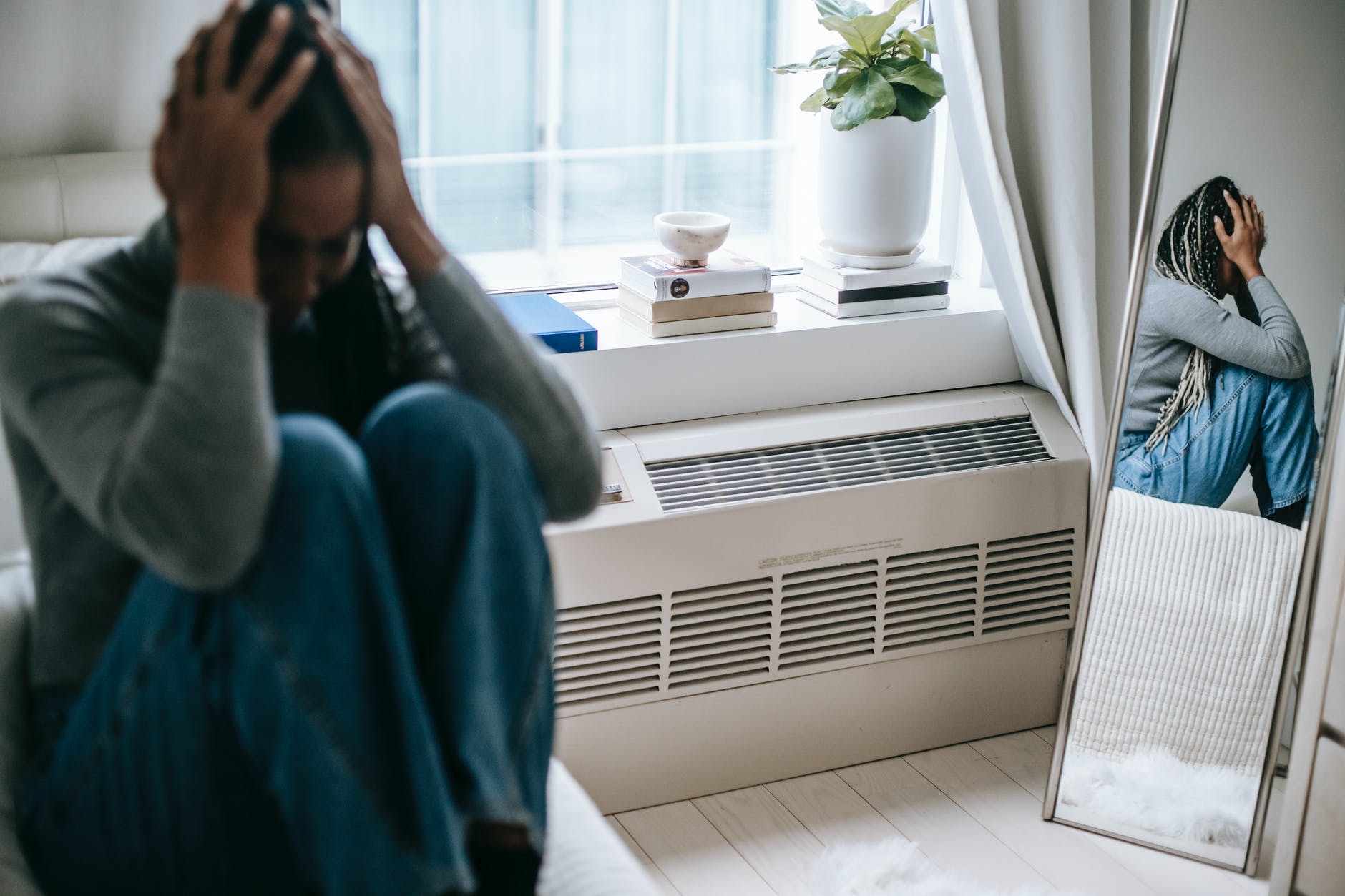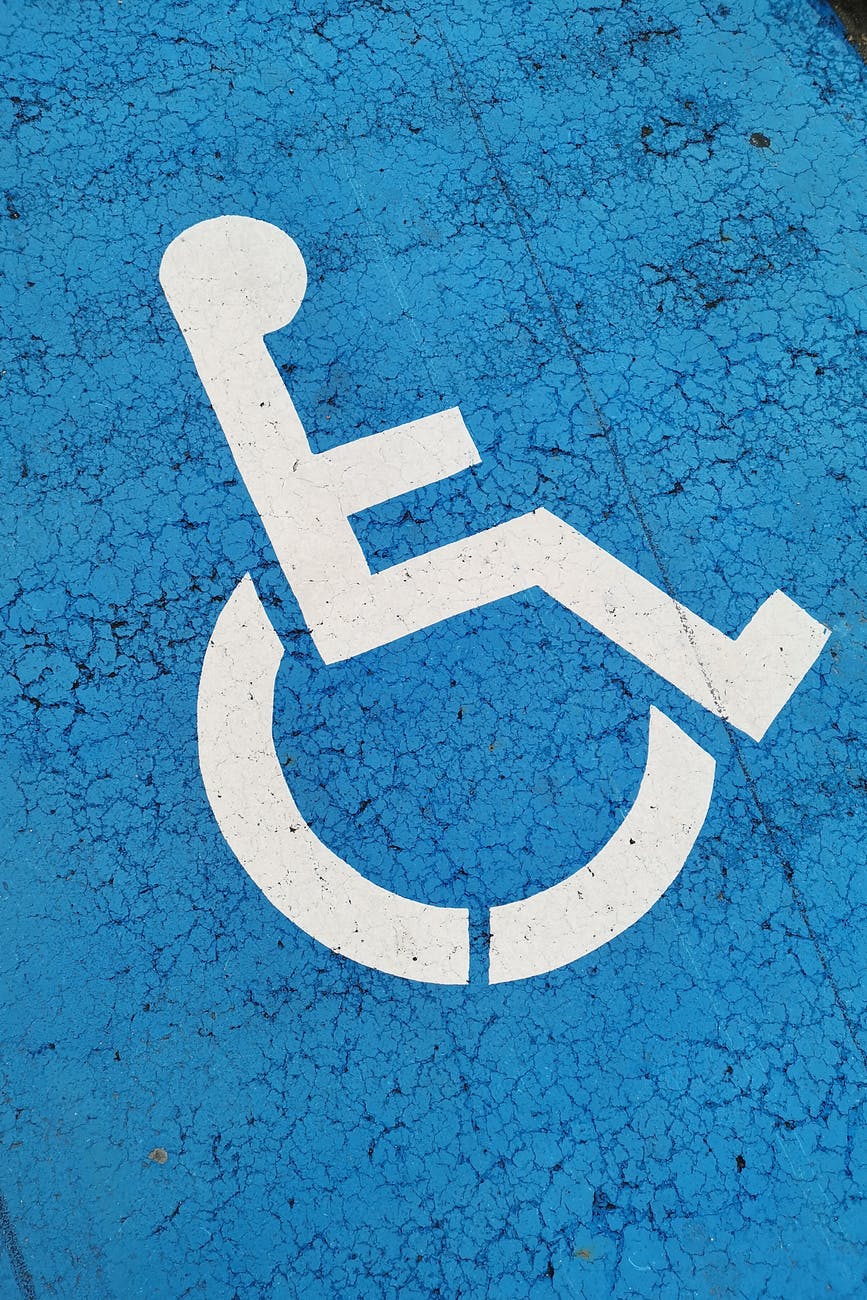
Here’s a copy of a book review from me today (also posted on my personal blog) about a non-fiction book that I think is an important read for Occupational Therapists/anyone working in Health and Social Care. This one looking at experiences of “Dementia Care”.
About the Book
The true cost of anything is the price we pay for the alternative.
David and Margaret’s story is, sadly, not unique. Margaret was diagnosed with Alzheimer’s in early 2018. This is the real-life story of the husband and wife’s journey to seek support and care over the past few years. David shares their experience of dementia “care” so that anyone caring for – or living with – dementia can learn from what happened to them, and hopefully avoid the many obstacles, challenges and pitfalls that they had to overcome. One in every 14 people aged 65+ have dementia, that’s around 900,000 people, and the numbers are increasing rapidly every year. This book is an invaluable resource for anyone embarking on the journey to seek care and support for their loved one once symptoms of dementia set in. From getting a diagnosis to getting the right kind of support for them – and you – written with raw passion and from the heart, Mirror, Mirror is dedicated to the memory of Margaret. And to help every other person feeling lost right now.
A bit of a different book review from me today with a non-fiction book. This one looking at experiences of “Dementia Care”.
About the Book
The true cost of anything is the price we pay for the alternative.
David and Margaret’s story is, sadly, not unique. Margaret was diagnosed with Alzheimer’s in early 2018. This is the real-life story of the husband and wife’s journey to seek support and care over the past few years. David shares their experience of dementia “care” so that anyone caring for – or living with – dementia can learn from what happened to them, and hopefully avoid the many obstacles, challenges and pitfalls that they had to overcome. One in every 14 people aged 65+ have dementia, that’s around 900,000 people, and the numbers are increasing rapidly every year. This book is an invaluable resource for anyone embarking on the journey to seek care and support for their loved one once symptoms of dementia set in. From getting a diagnosis to getting the right kind of support for them – and you – written with raw passion and from the heart, Mirror, Mirror is dedicated to the memory of Margaret. And to help every other person feeling lost right now.
An important read released around the time of World Alzheimer’s Month in September, and World Alzheimer’s Day on 23rd September.
An essential book for readers of Gail Sheey, Steph Booth and Marie Williams.
About the Author
David Allott learned his trade in Hotel and Catering Management at Blackpool Catering College. It was a short time after this, whilst working as a Senior Assistant Manager in a newly opened large restaurant in Levenshume
that he met Margaret, who was soon to be, his lifelong and forever loved partner of over 51 years. They were married in December 1971 and embarked on a joint career in Hotel Management. Over the years, David and Margaret lived and worked in all three home nations, as well as spending three years in the USA. David’s book Mirror Mirror is not only a record of this final chapter in Margaret’s life, but is written in honour and remembrance of her, and in the hope that it will be of help to others who also must travel this long and lonely road, whilst at the same time throwing a spotlight of the disgraceful conduct of all those involved in trying to deprive the most needy people in society of their legal rights.
Twitter/X – @inkpublishingservices
Instagram – @inkpublishingservices
What I Thought
As an Occupational Therapist who has worked in the NHS, as well as someone with chronic illnesses that means I am a user of NHS services, like many in this country, I am a full supporter of this National Institution and its founding principle to be free at the point of delivery. There can however, be no doubt that over the 13 years the Conservative government have now ruled, alongside the additional disasters of Brexit and the COVID-19 Pandemic, that our NHS has taken a battering. David talks also about the impact of successive Governments’ failure to protect this vital service. Care offered sadly often seems to not be what we expect, nor as staff members, what we want to give. The NHS has always been stronger at urgent care and dealing with non chronic conditions. Anyone who cannot be ‘cured’ by traditional ‘medical’ means or that have complex and multifactorial needs often slip through the gaps and David tells his and Margaret’s story here.
David does acknowledge the individual staff who have supported them and this is a critique of services and not individuals, although as individuals we all certainly play our part – whether in a positive or negative way is up to all of us to determine. David suggests wearing the NHS logo upside down so it reads SHN – its corresponding catchphrase then becomes ‘Stop Hypocrisy Now’. Be warned that this is a political book because healthcare is a human right and as such it is political. If you are not ready to engage at this level I would love to challenge you to do it anyway but this isn’t simply a personal story of struggle but a rallying call. You may not agree with everything David says – but you cannot deny his passion.
At the heart of this book though is a love story between husband and wife, and David’s righteous anger about how Margaret was treated (or not) is palpable. He shares details of the early indications of the disease taking hold through to letters between him and the healthcare team and assessments of her function at different stages of the disease.
In the book at large though is a discussion of societal ableism and the seeming determination that disabled lives simply mean less. My colleges and I at AbleOTUK often hear stories of disabled colleagues being treated inequitably and of course if this happens to our own, how do these attitudes filter out to those for whom we care? David talks about the false dichotomy between medical and social needs – a dichotomy often reinforced because social care is means tested and healthcare is not! (Currently I would say this is somewhat debatable).
David underpins what he is saying with a discussion of concepts such as justice and injustice and looks at the legal protections that people can try to enact and at the concept of NHS Continuing Healthcare (something I only actually got involved in a couple of times in my career and honestly didn’t know too much about before then). This book provides a comprehensive overview where David has used his personal insights, his and Margaret’s experience and learning and works this into practical tips on how to work within a broken system, in the hopes that others supporting loved ones with Dementia don’t face the same battle.
In my personal experience with Long Covid, even as someone with a healthcare background I have found it challenging to access the right care. In my work in Long Covid Advocacy I am collaborating with others to make good healthcare something that isn’t reliant on postcode or the Individual practitioner you get. David says in Chapter 2 – “If you can’t ask the right question, you will find it extremely difficult to get the right knowledge. You are then reliant on gaining knowledge purely by chance.”
The level of detail on the specific policies does mean that the reader in years to come will have to review the current framework as these things often change (and that change at a policy level takes ….a while…. to filter out into general practice. But this provides an excellent framework for using knowledge as power and will remain a good starting point for families facing these issues.
In this book David focuses on Dementia, a truly challenging disease that sadly can take a person away from their loved ones years before their life has ended. But there are supports that can be put in place to improve the quality of life for the individual and their loved ones. This relies on early detection, continual monitoring, truly listening to and understanding needs and this takes time which clinicians are not often allowed. I still professionally believe that it is better to give someone one or two hour-long appointments on diagnosis with a new condition and find about them, their life, their wants and work collaboratively on a plan and over a 10 minute consultation and a lifetime of trying to chase for answers. David does share Margaret’s story and like any others could find the content triggering where it reflects their own experience or where it appears to lay out a challenging experience to come. But for more it will echo their lives back to them and make them feel not as alone.
This book to me demonstrates the immense power of lived experience to shape and inform quality healthcare. As healthcare professionals we can work generally seeing people with a wide variety of conditions or we can specialise, but honestly without that personal insight of living something day in and out our education is not complete. Sure someone facing a new diagnosis may need more guidance and support but give those families 3 months, 6 month, a year, 5 years etc. and they become the expert. Where people have the skills they read up and learn everything they can, to give them and their loved ones the best chances at living a quality life. But again the NHS does need to be able to offer this level of insight to families who can’t – for whatever reason – get an honorary degree in Dementia.
Using peer support and peer groups can seemingly be frowned upon by some healthcare practitioners but it is key for many in accessing the knowledge and rallying troops to face the many battles people have to face – let’s not get into the discussion of benefits here or I might not shut up. David shares some key charities and organisations that may be able to support individuals.
David also makes the excellent point about having discussions of what you might do in these sorts of situations early including topics such as Power of Attorney but in the U.K. in particular we are particularly avoidant of talking about disease and death and then those conversations are left to when emotions are running high or sadly to times when individuals no longer have the capacity to make decisions.
There is a lot of information in this book which could be quite overwhelming. But it doesn’t have to all be read at once and can certainly be referred back to. But who is the book for?
Just people who have familial experience of Dementia.
I say No.
Anyone who has the potential to influence the lives of someone with Dementia?
Yes.
For Politicians and Senior Health and Social Care Managers definitely.
For Individual Health and Social Care Practitioners whether they work in Dementia services or not – Yes.
I would certainly recommend to fellow OTs who want to become more aware about the impacts of the day to day decisions we make for individuals and wider society at large. Sadly these troubles are replicated with other conditions and we can learn much from David and Margaret’s story.
Apologies that this has become more of a reflection that a pure review of the book but in itself I believe that demonstrates the power narratives like this can bring. Publishers take note. Stories can change the world but we need a critical mass of them so they are not able to satisfy our ableist view of these as ‘inspiration porn’ about the brave families doing battle with the system but they are used as manuals to break down and build up systems that truly work for all.
Huge thanks to Literally PR for the gifted copy for the purposes of an honest review and to David for sharing his and Margaret’s Story. Do check out reviews from others on the tour to see how they responded too.







